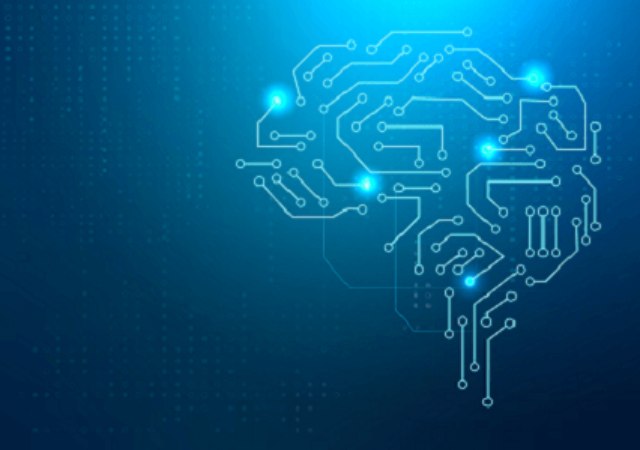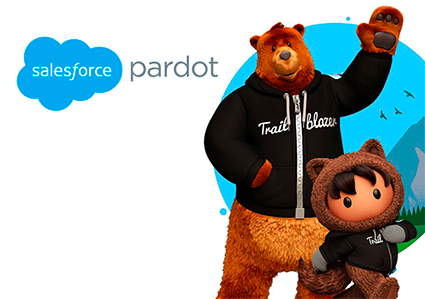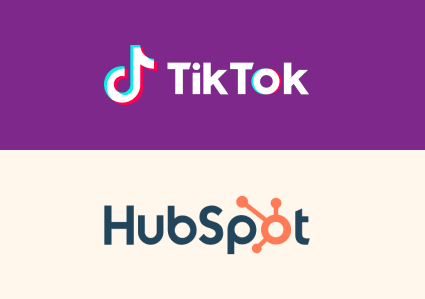Generative AI is a type of Artificial Intelligence that is capable of learning from existing content to generate, in turn, new content. And in the case of Salesforce, working with this technology is not something new , since over time it has offered us solutions thanks to its Einstein assistant.

Salesforce and Generative AI: Revolutionizing Digital Marketing
Artificial Intelligence: basic concepts
To get into the topic, we are going to start by defining some basic concepts, such as Artificial Intelligence: in this case, some definitions classify it as the creation of intelligent agents that are capable of learning and reasoning autonomously.
Furthermore, within what is Artificial Intelligence there is something called Machine Learning or Automatic Learning. This is a subfield of Artificial Intelligence that, thanks to the development of techniques and access to data, allows computers to learn.
There are different Machine Learning models and we will mention two: supervised and unsupervised models. Supervised learning consists of algorithms that, with specific and labeled data, learn to predict future data. While unsupervised learning helps us classify data without human intervention or the existence of labels.
Deep Learning and neural networks
Within Machine Learning we also find Deep Learning. The latter is a model that uses algorithms based on neural networks to carry out automatic learning (from the available data) and make decisions autonomously. Among others, some examples may be voice assistants such as Alexa or Siri; since these technologies are capable of recognizing voice and performing specific actions.
Furthermore, as part of deep learning, it is also worth highlighting the aforementioned Generative AI, which is capable of creating new content autonomously from the information and patterns that it has previously learned.
And, finally, in relation to Artificial Intelligence and Deep Learning, we also find another relevant concept. This is the Foundational Model, an AI system that is trained with a huge amount of data (generally unstructured) that comes from the Internet, and covers text, images or videos. Therefore, they are prepared to offer a wide variety of solutions, such as text generation, question answering, image design, code creation or problem solving.
Salesforce Marketing Cloud and Artificial Intelligence
Salesforce has already explored the possibilities of Artificial Intelligence thanks to Einstein. This is a solution that has been gradually developed and expanded to offer functions such as Sent Time Optimization, which uses consumer information to choose the best time for our client to receive the email and open it.

Salesforce and Generative AI: Revolutionizing Digital Marketing
Salesforce Marketing Cloud AI Tools
Therefore, and in summary, the AI tools that we now have available in Marketing Cloud to leverage data are:
- ChatGPT – Open AI. It has the ability to generate content and text with friendly language, and has an interaction with Marketing Cloud engagement.
- Einstein GPT. It is the Marketing Cloud solution for the Service Cloud and Sales Cloud clouds, where Salesforce has connected it transversally. Along with this, we can also enhance these tools with those systems where we have our clients’ information.
- Marketing GPT and Commerce GPT. These are the tools that Salesforce makes available to us for Marketing Automation, and they are available for both Marketing Cloud Engagement and Commerce.
Salesforce Einstein, the integration of AI into the Salesforce platform
Einstein is the first Generative Artificial Intelligence model for a CRM. Thus, Salesforce Marketing Cloud calls ‘ The Einstein Trust Layer ‘ the process of how its Generative Intelligence works in the CRM. This is executed as follows:
- The process starts from our CRM App when making a promise or a “request”. This will be executed based on the company’s data, that is, based on the information it already has.
- The next step is “Dynamic Grounding”, which consists of offering a method to be able to do the promt in the best possible way, so that the data is extracted to guarantee the relevance and context of the answers that will be offered.
- The data then reaches the “Secure Gateway”, a stage in which a request is made to the foundational model (which may be the one developed by Salesforce or other models such as Open AI). In this section what is done is to secure customer data and process the prompt that we have requested, so that it generates the content in the form of email, image, text, etc.
Marketing Applications of Salesforce AI Tools
We can use these latest AI tools for Marketing Cloud in omnichannel campaigns to hyper-personalize communications, obtaining greater conversion and engagement. And we also have the opportunity to optimize customer purchases, whether cross or upsell, through prediction and offering both products and services that are consistent with purchases made.
Without forgetting the possibility of implementing chatbots, as these are very efficient for productivity and have the advantage of using our language. Therefore, they are able to collect leads, suggest new products to the client and even resolve their doubts.
Salesforce bets on AI to strengthen digital marketing
In conclusion, Salesforce has been working with Artificial Intelligence for a long time through Einstein and has been enhancing its solutions. However, what we have now for Marketing Cloud is a novelty, which allows us to interact with customers more precisely, improve engagement and optimize purchase prediction.





